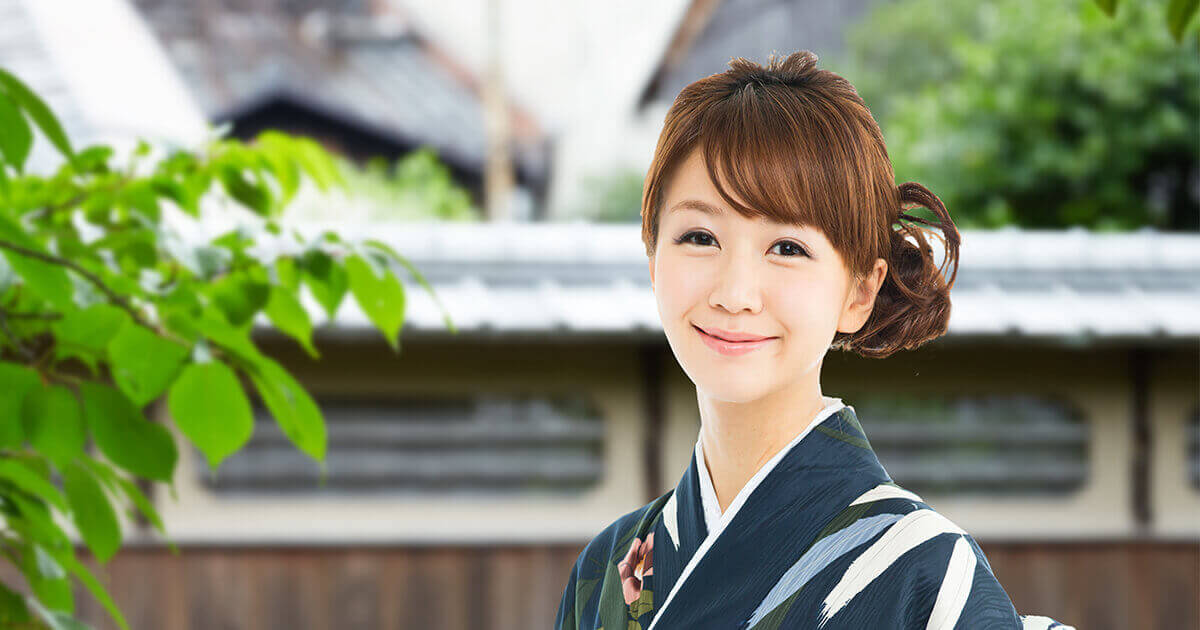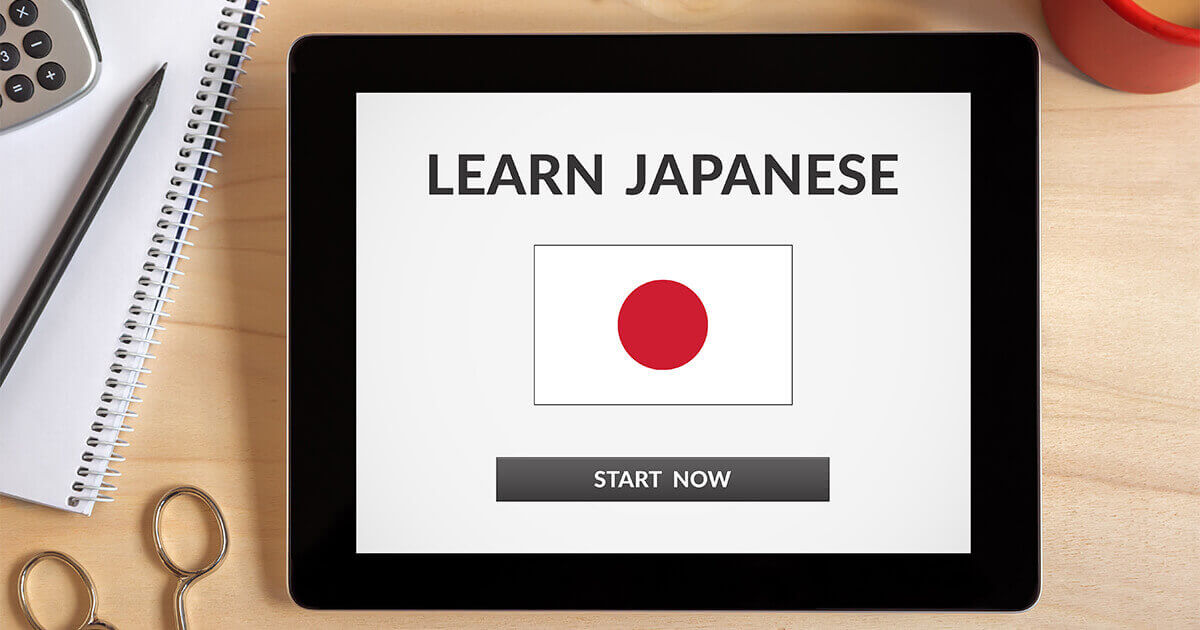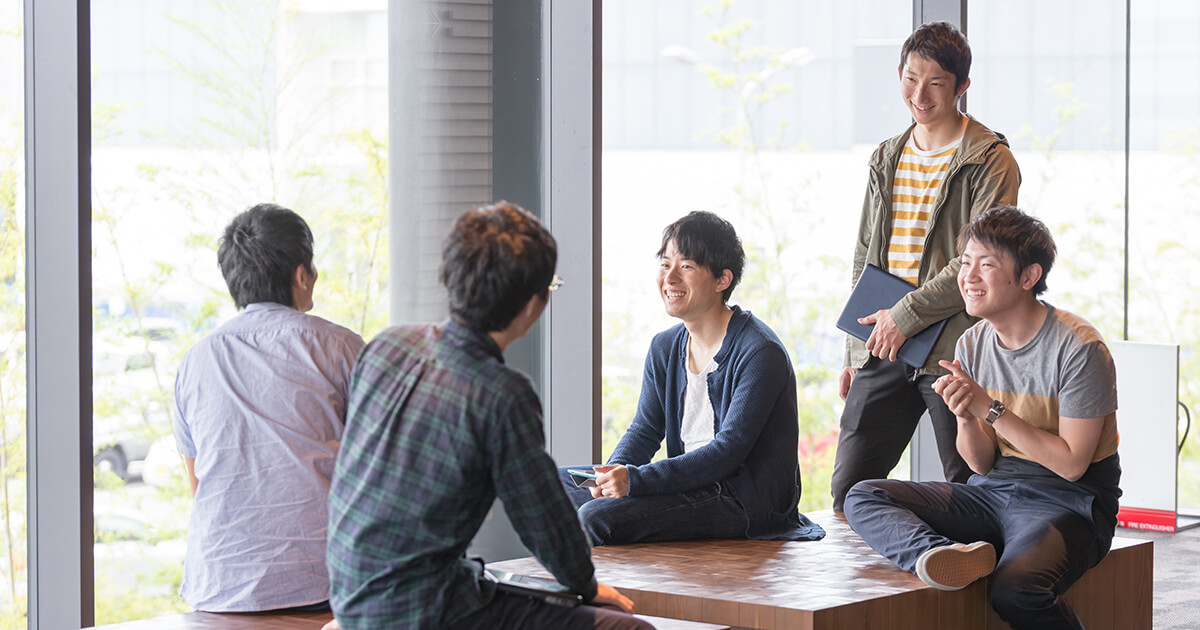
Japanese keigo is a very deep subject matter that cannot be easily covered within a few pages. Previously, we mentioned that in addition to knowing keigo vocabulary, it is also necessary to choose the appropriate word for the right situation after identifying the relationship between yourself and the other party. (For more details, see here and here .)
Today, let’s learn more about some polite expressions that may unintentionally turn out to be disrespectful.
Four Actions You Should Avoid For Seniors and Superiors
It is said that one should avoid “ho-ne-ka-ki” words for people who are more senior or ranked socially higher than you. (The R Co., Ltd., p.122) What are “ho-ne-ka-ki” words?
- HO-meru (to compliment, praise, or flatter)
- NE-girau (to reward someone for his trouble)
- KA-noo (to ask someone whether he has a certain ability or not)
- KI-kyoka (to give permission)
Even with the use of keigo, the above four actions are considered disrespectful for superiors. Let’s look at what expressions are considered disrespectful.
1. お上手(じょうず)ですね Ojyoozudesune
You’re so good at it.
Suppose your boss speaks very fluent English. Because very few Japanese bosses speak good English, you may want to say “英語(えいご)がお上手(じょうず)ですね Eigo ga ojyoozudesune” (your English is very good). This is absolutely a no-no. “上手 Jyoozu (good)” is used when you want to praise a child. Even if you use the keigo expression “ojyoozu”, it is not appropriate because it sounds like you are treating your boss like a child.
“さすがです Sasugadesu” (impressed, as may be expected) or “素晴(すば)らしいですね subarashii desune” (wonderful) may be OK but because these are also complimentary actions, some people may also feel offended. This is the difficult part. If you say “私(わたし)ももっと頑張(がんば)ります watashi mo motto ganbarimasu” (I will work even harder), it indicates your respect toward your boss as it hints that you’re looking up to him as a model.
2. ご苦労(くろう)さまでした Gokuroosamadeshita
Thank you for your hard work.
Suppose you had a training session that lasted one week at the company. The trainer was excellent and you have gained a lot of useful insights for your work. You wanted to show your appreciation by thanking the trainer on the last day of the training. You thought of “gokuroosamadeshita” but that’s wrong. Rewarding someone for his trouble is only done top-down, that is, from a superior to a subordinate. Instead of doing that, it’s more appropriate to show your appreciation by saying “〇〇先生(せんせい)、どうもありがとうございました xx sensee, doomo arigatoo gozaimashita” (thank you very much).”
3. お疲(つか)れ様(さま)でした Otsukaresamadeshita
Thank you for your hard work.
It’s time to leave the office for the day but your boss is still working. You wanted to say “otsukaresamadeshita” (thank you for your hard work) but this is a gray area. Some business guidebooks recommend the use of “otsukaresamadeshita” instead of “gokuroosamadeshita” but there are many bosses who may feel annoyed or uneasy if their subordinates say “otsukaresamadeshita” to them. This is because it may seem like the subordinate is rewarding the boss for his trouble (negirau). In this case, it would be safer to just say “お先(さき)に失礼(しつれい)します osakini shitsureeshimasu” (I’ll take my leave first).
Again, it also depends on the individual and workplace. To be on the safe side, observe the actions of your colleagues before using this phrase.
4. おわかりですか Owakaridesuka
Do you understand?
You may use the above expression when you want to check whether your client understands you in the middle of a presentation. However, this is also a no-no. It is because this expression is asking about the other party’s ability to understand. If you must ask, you can say “お分(わ)かりいただけたでしょうか owakari itadaketadeshooka” as this will change it into a benefactive expression instead of seeking to ask someone’s ability.
5. いいですよ iidesuyo
It’s OK.
Your client drove to your office. When he asked you “駐車場(ちゅうしゃじょう)に車(くるま)を停(と)めてもいい? Chuushajoo ni kuruma o tometemoii?” (May I park my car in the parking lot?), you cannot say “iidesuyo” (it’s ok). This is because it shows that you are giving permission to your client, who is also ranked socially higher than you. Instead of giving permission, it would be appropriate to say “ええ、どうぞ ee, doozo” (yes, go ahead).
As we’ve seen, even polite expressions may turn out to be disrespectful when not used appropriately. Let’s be more careful by keeping in mind the “ho-ne-ka-ki” words and the four actions that we should avoid for seniors and superiors.
* Reference: The R Co., Ltd. “Kore Dakewa Shitteokitai “Keigo” no Kihon to Jyooshiki”, (Must-Know Keigo Basics and Common Sense), 2018






